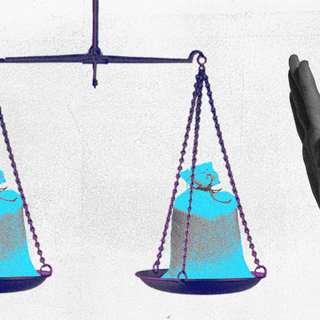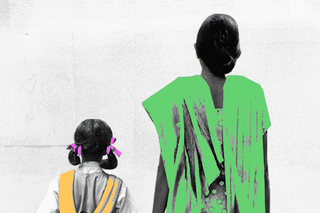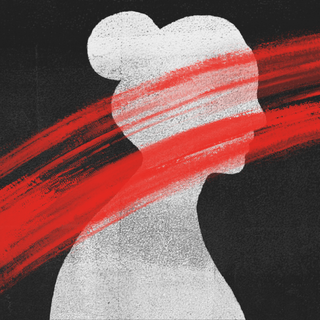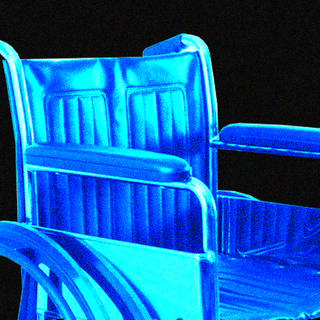
Kerala’s Proposal To Form ‘Mother PTAs’ in Schools Draws Flak for Reinforcing Sexist Stereotypes
The guidelines on ‘Mother PTAs’ reinforce the idea that mothers alone are responsible for their children’s diets and general well-being.

Kerala’s education department has reportedly come up with a proposal to form “mother PTAs” — parent-teacher associations — involving school teachers and just the mothers of students. While it’s not clear why this policy was proposed, what we do know is that it reinforces stereotypes about children being the primary responsibility of their mothers, not fathers.
The PTAs, in question, are believed to be involved in deliberating on and providing support with the preparation of mid-day meals. In addition, they may offer assistance with study tours or academic work. According to Anoop Gangadharan and Rekha Das, Kozhikode-based social workers, the proposal perpetuates the toxic perception that mothers alone are responsible for their children’s diets and general wellbeing. They have written to the Kerala Women’s Commission, pointing out exactly why the proposed policy is problematic and can hurt the goal of gender equality.
“The draft reinforces the public perception that compared to fathers, mothers have all the time in the world at their disposal to take care of the food requirements of their children. This will not be a model worth emulation if we are serious about gender equality,” Das, who is also a lawyer, stated.
What Kerala’s policy stands to do is formalize the sexist, unfair expectations society has of women — teaching children, in the process, that there’s nothing wrong with the status quo. “[The mother] is the one they contact if the child is not suitably dressed, doesn’t have enough food, or lacks a costume at the kindergarten carnival… This contributes to a strengthening of the principle that the main responsibility lies with the mother,” Kristine Warhuus Smeby, a sociologist, had stated in 2017.
Related on The Swaddle:
‘Women’s Work’ Spotlights the Domestic Help Who Make Working Motherhood Possible
“The mother senses some expectations that make her feel guilty more easily than the father if these expectations are not fulfilled. She thus carries [the] responsibility for fulfilling society’s expectations that the father to a large extent is excused from,” Smeby added.
It’s a universal expectation. According to a 2020 survey of 2,200 Americans by The New York Times, 66% of women admitted to being in charge of childcare in the household, and 70% said they were either solely or mostly responsible for domestic labor around the house. “[E]ven though significant progress has been made toward gender equality in parenting, more subtle inequalities remain… mothers are the primary parents and fathers are (at best) mere helpers and incapable of caring for children independently,” Sarah Schoppe-Sullivan, a professor of psychology at the Ohio State University, had written in The Conversation.
PTA engagement is anyway often perceived as a mother’s responsibility — since patriarchy deemed fathers responsible for earning a livelihood rather than prioritizing their child’s education over the “laborious” task of earning money. A government policy not just failing to condone this line of thinking, but even condoning it, furthers the stereotype that mothers are solely responsible for their children’s social upbringing.
Unfortunately, the skewed burden has severe long-term consequences. For starters, it impacts their careers: according to research, under lockdown, working mothers in dual-income households were able to do only one hour of uninterrupted, paid work for every three hours logged in by their male partners. As Schoppe-Sullivan points out, mothers nearly spend one-third of their time taking care of their children, while men spend just 8% of their time doing so. Childcare then becomes a social issue concerning women alone.
Related on The Swaddle:
‘The Lost Daughter’ Unravels the Myth of the ‘Good Mother’
This, in turn, amplifies the “motherhood penalty,” where working mothers encounter systemic workplace biases in comparison to childless women and men, in general — leading to disadvantages in terms of hiring, pay, and daily job experience.
The cultural response is also one of always linking a woman with their caregiving responsibility. The specter of women being forced to juggle childcare and work is normalized. Case in point: a Chandigarh policewoman directing traffic while holding her baby, the video of which went viral on social media last year.
Even if the juggling mothers are compelled to do is towards housework and not a professional career — women still end up multitasking constantly, which leaves them feeling frustrated and anxious, impacting their mental wellbeing.
Indeed, the move serves only to cement the stereotype about mothers being naturally mandated to shoulder primary caregiving responsibilities towards children. It is time that policies like the present one which can, perhaps, undo the progress society has made towards gender equality, be nipped in the bud.
Devrupa Rakshit is an Associate Editor at The Swaddle. She is a lawyer by education, a poet by accident, a painter by shaukh, and autistic by birth. You can find her on Instagram @devruparakshit.
Related


Why Caste Is Essential to Understanding Marital Rape
